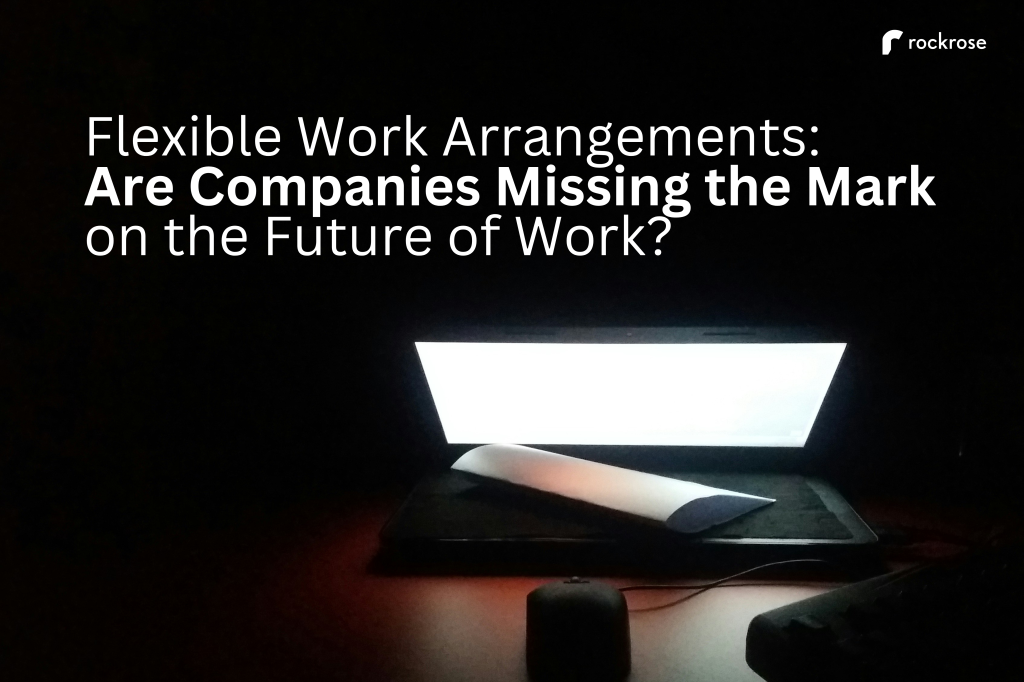
Why are you looking out?
Candidate: My company mandated everyone to go back to the office 5 days a week.
Over the last few days, we’ve spoken with not one, but three candidates who cited the same reason for exploring new opportunities.
If more and more employees value hybrid working arrangements, are companies getting it wrong?
As of 1 December 2024, Singapore now requires companies to accept formal Flexible Work Arrangement (FWA) requests. Employees can submit these requests, detailing:
- The date of request
- The type of FWA they are seeking, including frequency and duration
- The reason for the request
- Start and end dates for the FWA, if relevant
But here’s the question: Will employees feel confident submitting these requests? Or will they worry about how it might impact their performance reviews, bonuses, or even their job security?
Would they risk asking for flexibility—or simply choose to look elsewhere?
The Current Job Market
The job market in 2023 and 2024 has been challenging. Global economic uncertainties, inflation, and consecutive wars have kept unemployment rates high. It’s an employer’s market right now, where candidates are often compelled to take what they can to make ends meet.
But this won’t last forever.
When the market improves, the power will shift back to employees. If employers don’t treat their teams fairly now, they risk losing talent later. Studies consistently show that recruitment costs are high, and the last thing any company wants is significant attrition during a bull market.
What the Younger Generation Wants
For Gen Z, flexible work arrangements often outweigh pay and benefits. If employers mandate a five-day return to office, these employees won’t hesitate to leave. And they’ll likely have no trouble finding opportunities elsewhere.
Employers must understand that retaining top talent requires adapting to what the workforce values most—flexibility.
The Workplace Trade-Off
However, the workplace is more than just a job—it’s where employees build the most valuable asset of their careers: relationships. For younger employees, particularly those working remotely most of the time, how can they develop strong bonds, gain mentorship, and build trust with colleagues and senior leaders?
Employers need to rethink their approach to FWAs, but employees should also consider what they might lose by prioritising remote work: opportunities for learning, networking, and sponsorship that come with face-to-face interaction.
The Inevitable Shift
When the power shifts back to employees, companies that adapt early to flexible work arrangements will have a competitive advantage. Those that resist change risk losing their best people—and finding replacements won’t come cheap.
Here’s our take:
- Employers: Embrace flexibility now, while you still hold the power. Let employees prove themselves with the freedom you offer. If they don’t deliver, you’ll know whether they’re the right fit.
- Employees: Flexibility is earned, not owed. If you’re not showing up (virtually or in person), putting in the work, and making a difference, someone else will. Opportunity doesn’t wait, and luck won’t always be on your side.
I hope this post gives you some food for thought. If you enjoyed reading it, consider subscribing to our blog for more insights.